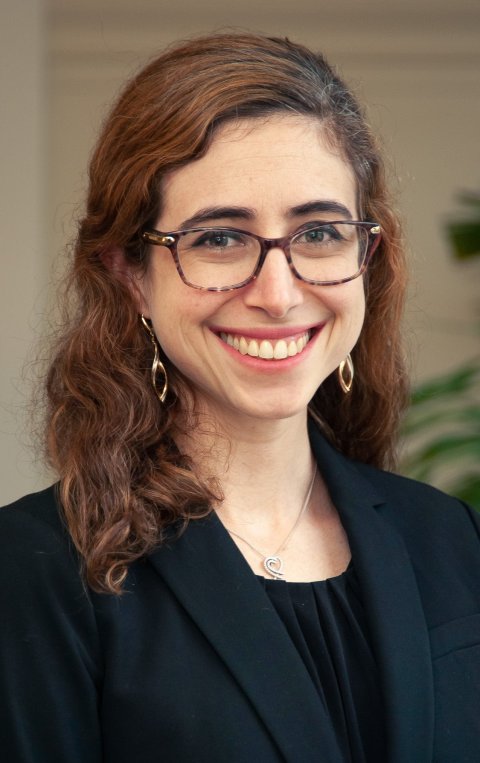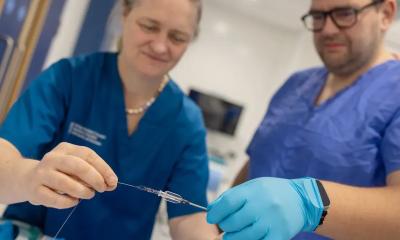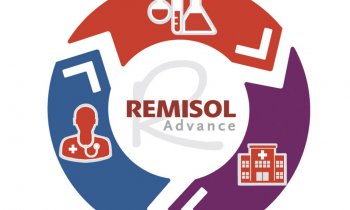Interview • Documentation assistance
Virtual scribes free up physician's time from eHR
Lisa Rotenstein, MD, of the Department of Medicine at Brigham and Women’s Hospital, is the lead author of a new study, “Virtual Scribes and Physician Time Spent on Electronic Health Records.”
Q: What question were you investigating?

Image credit: Lisa Rotenstein, Brigham and Women's Hospital
Dr Rotenstein: “We sought to understand the impact of virtual scribes (human scribes who are not physically present in the exam room with the physician and patient) on how physicians spend their time and which characteristics are associated with physicians responding best to scribes.”
What methods or approach did you use?
“We studied the experiences of 144 physicians across specialties treating patients in the outpatient setting at Massachusetts General Hospital and Brigham and Women’s Hospital. We looked at physicians who had used a scribe for at least three months from January 2020 to September 2022. Since 2017, both hospitals have experimented with using real-time or asynchronous virtual scribe services.”
What did you find?
“We found that use of virtual scribes was associated with physicians spending significantly less time in the electronic health record in total, on notes, and after-hours. Physicians with the following characteristics had the greatest reductions in electronic health records time upon scribe use: medical specialists, those physicians who started out spending the most time on their notes, and physicians who had the greatest reduction in how much they contributed to the note.”
What are the implications and next steps?
“These findings suggest that virtual scribes may be valuable tools for health systems looking to reduce the burden of the electronic health record for physicians. They also provide insight into which physicians may most benefit from virtual scribes, or in the future, AI-powered scribes.”
Source: Mass General Brigham
26.05.2024








